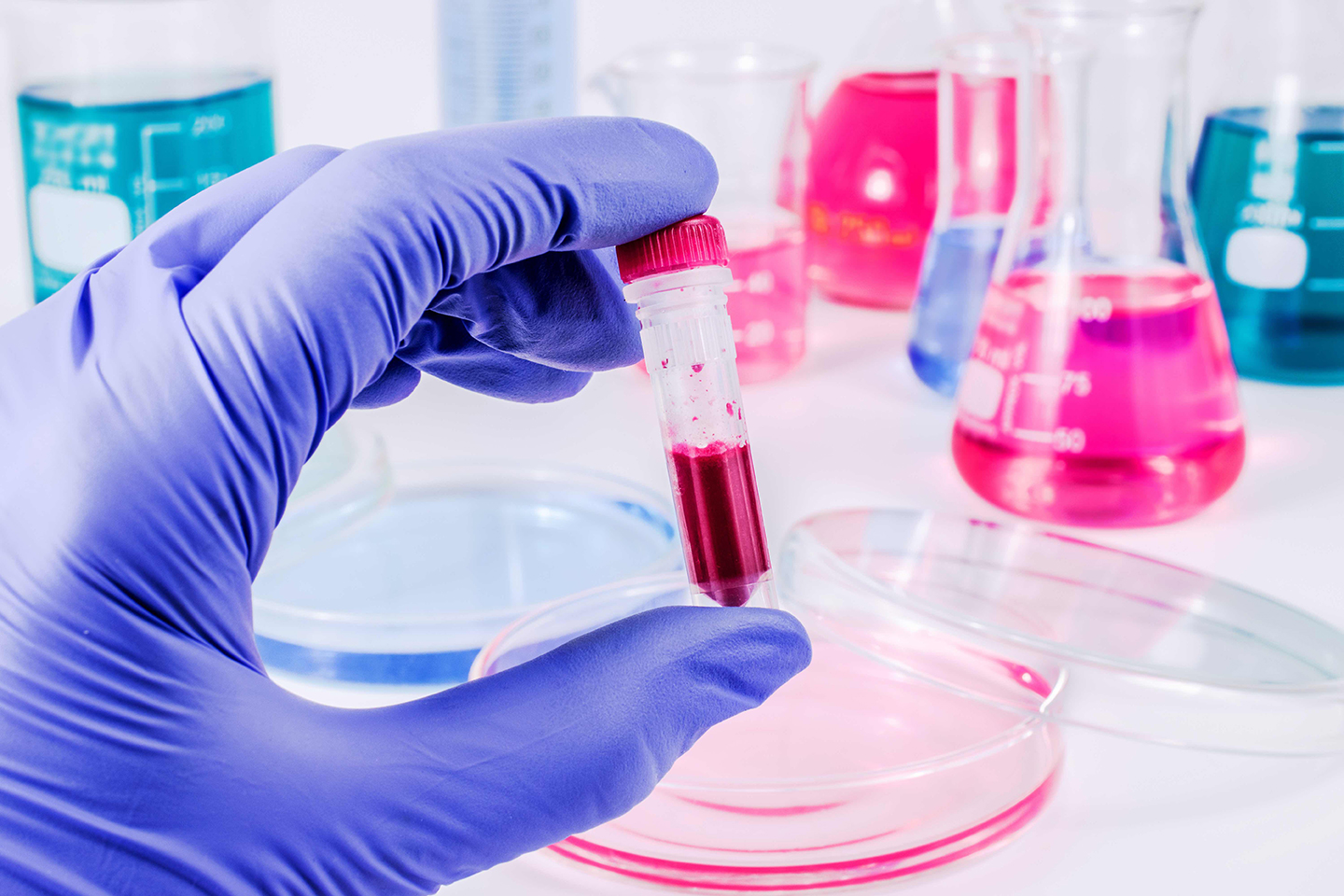Certain drugs and substances can be found via drug testing. A urine test is currently the most common kind of drug test performed. Unfortunately, drug testing can produce false positives.
A “false positive” occurs, for instance, when a drug test detects a chemical or medicine that you aren’t using. However, how can this occur?
A laboratory mistake may occasionally result in a false positive. But more frequently, a false positive result is brought on by certain drugs. We’ll go over a couple of them that can cause this impact below.
Here are some reasons how you could get a false positive result:
#1 Smoke from Secondhand Marijuana
Your urine may include delta-9-tetrahydrocannabinol (THC) if you often hang out with marijuana smokers. That is the compound in cannabis plants that causes intoxication. While it is rare and requires a high exposure rate. It can happen.
However, there is very little possibility that you will have enough THC in your system to fail the drug tests required by the federal government and many private businesses.
The likelihood of that occurring immediately after you are exposed to smoke is fairly low unless you are commonly in close contact to fairly cloudy rooms. Additional testing can be done to verify findings but it’s probably best not to avoid such circumstances.
#2 Pills To Lose Weight
A prescription drug called phentermine can help you control your appetite. Amphetamines, a stimulant used to treat ADHD and as a study help to keep awake, are chemically related to it. If you don’t have a valid medical reason for taking amphetamines, phentermine can cause a false positive on your drug test.
#3 Mouthwash
Ethanol, a kind of simple grain alcohol, is a common ingredient in many liquid pharmaceuticals, vanilla extract, and breath freshening products.
Even minute quantities of alcohol may be detected by modern drug tests that include alcohol panel testing in workplace drug screening.
Therefore, if you consume anything containing ethyl alcohol, a sample of your breath, blood, or urine may be examined for potential indicators of alcohol use.
#4 Antidepressants
Obsessive-compulsive disorder, panic attacks, depression, and other conditions are treated with sertraline (Zoloft).
Sertraline and benzodiazepines may not be distinct enough on some drug tests. The latter is an older tranquilizer that is frequently discovered in opioid overdose victims.
After stopping your antidepressant, the inaccurate test result can persist for a few days. So, you may want to inform your employer before undergoing drug testing for employees in the workplace.
#5 Antibiotics
In most cases, these drugs won’t affect a drug test. However, a few antibiotics are known to cause false-positive test findings on the occasion that there might be a workplace drug screening.
Rifampin for example is a medication used to treat Tuberculosis, may appear as opiates on some quick urine tests. Furthermore, even up to 18 hours after taking a single dose of the antibiotic, a false positive result may still be possible.
In Conclusion
A urine drug test may provide “false positive” results due to certain drugs. This indicates that the test detected drugs or substances you haven’t ingested, so in case it happens on a random drug test for employees in the workplace, you might have to get a second test.
Decongestants, antidepressants, and dextromethorphan (a component of Robitussin and Delsym) are a few examples of drugs that might yield erroneous positive findings.
Speak with your healthcare physician or visit an employee drug screening services
If you believe you received a false positive result on a urine drug test. To determine whether or not these results are reliable, they might be able to conduct a second test.


